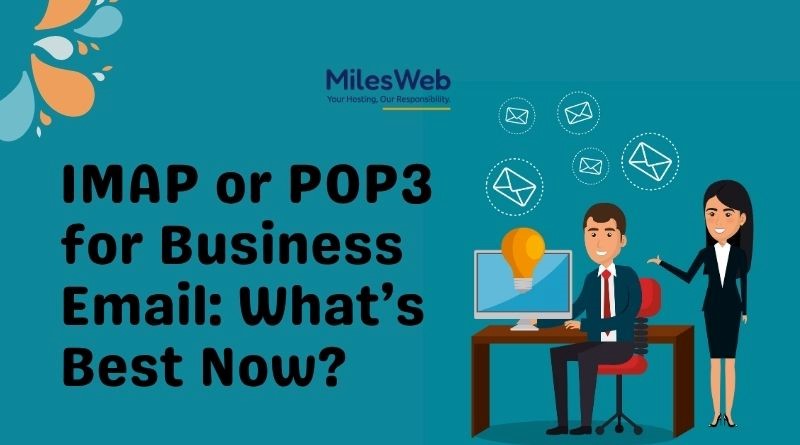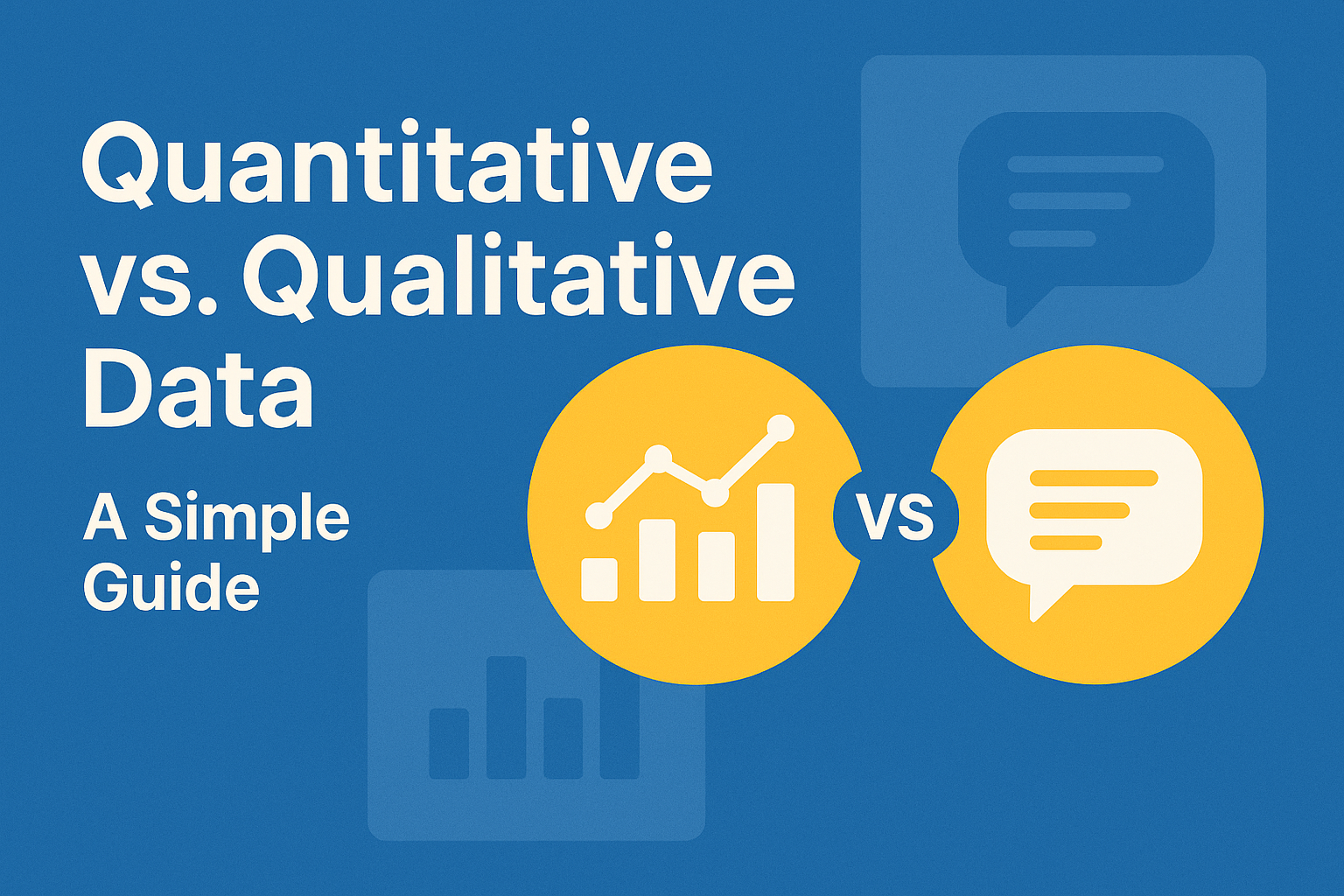As a business owner, mastering SEO marketing strategies is crucial to ensuring your company’s website ranks high in search engines like Google.
By leveraging these advanced techniques, you can drive organic traffic and lead generation, ultimately boosting your bottom line.
In this comprehensive guide, we’ll examine the world of SEO and its associated tactics to help boost your website’s visibility.
We’ll begin by discussing the importance of relevancy and URL length in search results before diving into actionable on-page SEO techniques such as crafting compelling title tags and optimizing images.
Next, we’ll tackle off-page strategies like guest posting opportunities on relevant sites and engaging with influencers within your niche.
Furthermore, we’ll examine the technical aspects of modern-day search engines, including indexing processes and mobile-first indexing approaches.
Lastly, our discussion will encompass keyword research & analysis methods for identifying high-potential keywords while integrating content marketing seamlessly with your overall SEO strategy.
Understanding the Importance of SEO
With 61% of marketers prioritizing SEO, it is crucial to comprehend its significance in increasing a website’s visibility and attracting more visitors.
A well-planned SEO marketing strategy focuses on optimizing content and earning inbound links for better search engine rankings.
The Role of Relevancy and URL Length in Search Engines
To maximize your website’s ranking potential, it is essential to ensure that the content on your page is relevant and contains appropriate keywords.
To ensure high relevancy, you must create content that matches the intent behind users’ queries.
Moreover, incorporating relevant keywords into your content can help improve its ranking potential.
In addition to relevancy, URL length plays an important role in determining your site’s position within search results.
Short URLs are usually favored by both users and search engines, as they’re simpler to read and comprehend.
As such, keeping URLs concise while including targeted keywords can contribute positively to your overall SEO efforts.
Building a Comprehensive Plan for Improved Search Results
- Analyze Your Competition: Identify successful competitors within your niche who rank highly on SERPs (Search Engine Results Pages) to gain insights into their strategies.
- Create Quality Content: Develop informative articles or blog posts targeting relevant topics with appropriate keyword usage throughout the text.
- Earn Inbound Links: Reach out to authoritative websites within your industry for backlinks through guest posting or other collaborations; these links signal trustworthiness to search engines which can boost rankings over time.
- Maintain Technical Optimization: Ensure proper implementation of technical aspects such as mobile responsiveness, site speed, and structured data to provide a seamless user experience.
By understanding the importance of SEO and implementing a comprehensive plan that addresses both on-page and off-page factors, you can improve your website’s search engine rankings and attract more visitors in the long run.
Key Takeaway:
To rank on the first page of Google, businesses need to prioritize SEO marketing strategies that focus on optimizing content and earning inbound links. Relevancy and URL length are crucial in determining search engine rankings while analyzing competition, creating quality content, earning inbound links, and maintaining technical optimization. These are key components of a comprehensive plan for improved search results.
On-page SEO Techniques
Effective on-page SEO goes beyond keyword usage; it aims to generate quality references that enhance user experience.
By focusing on elements such as title tags, meta descriptions, header tags, and image optimization, you can improve your site’s ranking while providing valuable information to users.
Crafting Compelling Title Tags and Meta Descriptions
Title tags are crucial for search engines and users alike.
They provide a brief overview of the page content and should be engaging enough to entice clicks from search results.
To create a compelling title tag, ensure it is unique, includes relevant keywords without stuffing them in unnaturally (Moz recommends staying within 50-60 characters), and accurately represents the content.
Meta descriptions offer a more detailed summary of the page content than title tags.
While they don’t directly impact rankings, well-written meta descriptions can increase click-through rates (CTR) by enticing users with compelling reasons to visit your website.
Aim for 150-160 characters in length (Yoast) and incorporate primary keywords naturally.
Utilizing Header Tags for Clear Content Hierarchy
H1-H6 header tags help establish a clear hierarchy within your web pages, making them easier for both human readers and search engines to understand what each section entails and signal the importance of various sections for indexing purposes.
Use one H1 per page followed by smaller subheadings like h2-h6 to organize subsections effectively, ensuring better overall readability and structure throughout the entire site’s architecture.
Optimizing Images with Alt Text and Proper File Names
- Alt text: Also known as “alternative text” or “alt attributes,” alt text is used to describe images for search engines and visually impaired users. Including descriptive, keyword-rich alt text can improve your site’s accessibility and boost image SEO (Search Engine Journal).
- File names: Choosing relevant file names for your images not only helps with the organization but also contributes to better image SEO. Use descriptive keywords separated by hyphens (e.g., seo-techniques.jpg) rather than generic names like IMG_1234.jpg.
Key Takeaway:
To improve your website’s ranking, focus on effective on-page SEO techniques, such as crafting compelling title tags and meta descriptions that accurately represent the content. Utilize header tags to establish a clear hierarchy within webpages and optimize images with descriptive alt text and relevant file names for better image SEO.
Off-page SEO Strategies
Off-page SEO involves promoting your website through external sources like social media platforms or guest blogging.
Earning backlinks from authoritative websites is essential in boosting your online presence.
However, avoid black hat techniques as they often result in penalties from search engines.
Guest Posting Opportunities on Relevant Sites
To maximize the benefits of your online presence, consider writing guest posts for other reputable blogs and websites with high domain authority (DA) and a relevant audience.
This not only helps you gain exposure but also earns valuable backlinks that contribute to higher search engine rankings.
When selecting potential guest posting opportunities, focus on sites with high domain authority (DA) and a relevant audience to ensure maximum impact.
- Research: Identify top industry blogs and publications where you can submit a guest post proposal.
- Pitch: Craft personalized outreach emails explaining how your content will benefit their readership.
- Create: Write informative articles with actionable insights explicitly tailored for the targeted blog’s audience.
Engaging with Influencers within Your Niche
Influencer marketing has become an effective off-page SEO strategy to amplify brand awareness and drive organic traffic.
By collaborating with influential individuals who have established credibility among their followers, you can tap into new audiences while earning quality inbound links.
Some ways to engage influencers include sponsored content partnerships, product reviews or testimonials, interviews, or podcast appearances – all aimed at generating buzz around your business.
- Analyze: Use tools like BuzzSumo or Followerwonk to identify influencers within your industry.
- Connect: Build relationships by engaging with their content and offering value in return.
- Collaborate: Propose mutually beneficial partnerships that align with both parties’ goals and objectives.
Developing an effective online presence, drawing in more site visitors, and improving search engine rankings can be achieved through utilizing these off-page SEO strategies.
Remember to always prioritize quality over quantity when it comes to earning backlinks.
Key Takeaway:
To improve your website’s search engine rankings, you need to focus on off-page SEO strategies such as guest posting and influencer marketing. By creating informative articles for high-domain authority sites and collaborating with influential individuals in your niche, you can earn valuable backlinks that will boost your online presence. Remember to prioritize quality over quantity when it comes to building inbound links.
Technical Aspects of Modern-day Search Engines
To succeed in modern-day SEO efforts, it’s crucial to understand the technical aspects behind how search engines operate.
This includes indexing processes, crawling algorithms, and mobile-first indexing strategies – all of which will help optimize websites accordingly, ensuring higher rankings over time.
Indexing Process & Crawling Algorithms Explained
Search engines like Google use web crawlers or bots to discover new content on the internet.
These crawlers follow links from one page to another and index each webpage they find along the way.
The indexed pages are then stored in a massive database called an index.
The search engine uses complex ranking algorithms that consider various factors such as relevance, authority, user experience (UX), and more when determining where a particular webpage should rank in its results for specific queries.
Mobile-first Indexing Approach by Major Search Engines
Given the rise of mobile usage among internet users, Google has adapted by introducing a mobile-first indexing approach.
To accommodate this trend and provide better UX for mobile users, Google introduced mobile-first indexing.
This means that Google now primarily considers the mobile version of your website when evaluating its content for ranking purposes.
- Create Responsive Designs: Ensure your website adapts seamlessly across different devices with varying screen sizes by implementing responsive design techniques.
- Avoid Intrusive Interstitials: Pop-ups or other elements that obstruct user access to content can negatively impact your site’s UX and lead to lower rankings in SERPs (search engine result pages).
- Faster Loading Times: Optimize your site’s loading speed by compressing images, minifying CSS and JavaScript files, and leveraging browser caching.
By understanding the technical aspects of modern-day search engines, you can make informed decisions when optimizing your website for better visibility in SERPs.
This knowledge will help you stay ahead of the competition while providing an enhanced user experience to your visitors.
Key Takeaway:
To succeed in SEO, it’s crucial to understand how search engines operate. Google uses web crawlers or bots to discover new content and index each webpage they find along the way. By optimizing your website for mobile-first indexing, creating responsive designs, avoiding intrusive interstitials and faster loading times, you can stay ahead of the competition while providing an enhanced user experience to your visitors.
Mastering Keyword Research & Analysis
In-depth keyword research allows you to identify high-potential terms related directly back into areas where these types may benefit most effectively when used strategically throughout all aspects surrounding an effective campaign targeting specific audiences who would be interested in your content or services.
To master this essential SEO skill, follow the steps below:
Identifying High-Potential Keywords for Targeted Campaigns
- Brainstorm: Begin by listing down relevant topics and phrases that describe your business offerings and target audience’s interests.
- Analyze Competitors: Investigate the keywords used by competitors in their content, meta tags, and URLs. Tools like Ahrefs, SEMrush, or Google’s own Keyword Planner can provide valuable insights.
- Evaluate Search Volume & Competition: Choose keywords with a healthy balance of search volume (number of monthly searches) and competition (how difficult it is to rank for them). This will ensure better chances of ranking higher on SERPs (Search Engine Results Pages).
Analyzing Keyword Performance and Adjusting Strategies Accordingly
To measure the success of your chosen keywords, monitor their performance regularly using analytics tools such as Google Analytics or other specialized platforms.
Key metrics to track include organic traffic growth, click-through rates (CTR), bounce rates, average time spent on site per visitor, conversion rate optimization (CRO), etc. Based on these results, you can adjust your keyword strategy to focus on terms that drive the most traffic and conversions. Also, conducting a CRO audit can provide valuable insights into refining your website’s user experience and enhancing conversion pathways.
If you find that certain keywords have a high bounce rate, it could suggest users aren’t obtaining the desired outcome when arriving at your website. In this case, consider optimizing content around these keywords or replacing them with more relevant ones.
Remember: SEO is an ongoing process – continually refining and updating your keyword research & analysis will help maintain strong search engine rankings over time.
Key Takeaway:
To master keyword research, start by brainstorming relevant topics and analyzing competitors’ keywords. Choose high-potential keywords with a healthy balance of search volume and competition to increase the chances of ranking higher on SERPs. Monitor keyword performance regularly using analytics tools and adjust strategies accordingly for better traffic and conversions. Remember that SEO is an ongoing process, so continually refining your approach will help maintain strong search engine rankings over time.
Content Marketing & SEO Integration
Integrating content marketing with SEO is vital to maximizing the impact of both efforts.
By creating valuable, engaging, and optimized written and interactive materials such as blog posts, email newsletters, quizzes, or surveys, you can drive organic traffic while keeping users engaged on your site.
Long-form Articles Exploring Relevant Topics
One effective way to integrate content marketing and SEO is by producing long-form articles that explore relevant topics in depth.
These articles should be well-researched and informative to provide value for readers while incorporating long-tail keywords strategically throughout the text.
This approach not only improves search engine rankings but also positions your business as an authority within its niche.
- Create comprehensive guides on industry-specific subjects.
- Incorporate case studies showcasing successful projects or client testimonials.
- Analyze trends and predictions within your field for thought leadership pieces.
Interactive Tools like Quizzes and Calculators for User Engagement
Besides long-form articles, integrating interactive tools such as quizzes or calculators into your content strategy can significantly boost user engagement levels.
These resources encourage visitors to spend more time on your website while providing them with personalized insights based on their input data.
Moreover, suppose these tools are designed around relevant topics related to your business offerings or target audience’s interests. In that case, they can help attract new leads through social media shares or backlinks from other websites discussing similar subject matter.
For example:
- A financial services company could offer a loan calculator tool allowing potential clients to estimate monthly payments based on interest rates and loan terms.
- A health and wellness brand might create a quiz to help users determine their ideal workout routine based on personal preferences and fitness goals.
- An e-commerce store could develop an interactive sizing guide for customers to find the perfect fit before making a purchase.
By integrating content marketing with SEO, you can effectively drive organic traffic while engaging your audience, ultimately leading to higher search engine rankings and increased lead generation for your business.
Key Takeaway:
Integrating content marketing with SEO is crucial to driving organic traffic and engaging users on your website. Creating long-form articles, interactive tools like quizzes or calculators, and comprehensive guides can position your business as an authority within its niche while boosting user engagement levels for increased lead generation.
FAQs in Relation to Seo Marketing Strategies
What are SEO strategies in marketing?
SEO strategies in marketing involve optimizing a website’s content, structure, and user experience to improve its visibility on search engines.
These tactics include keyword research, on-page optimization, off-page promotion like link building and social media engagement, and technical improvements such as site speed enhancements and mobile-friendliness.
What are the top 5 SEO strategies?
- Keyword Research & Analysis
- On-Page Optimization (Title tags, meta descriptions, header tags)
- Content Marketing (Long-form articles & interactive tools)
- Off-Page Promotion (Guest posting & influencer outreach)
- Technical Improvements (Site speed & mobile-first indexing)
Is SEO a good marketing strategy?
Yes, SEO is an effective marketing strategy for businesses looking to increase their online presence.
By improving your website’s ranking on search engine results pages (SERPs), you can attract more organic traffic, which often leads to higher conversion rates compared to other forms of digital advertising.
How to use article marketing to improve SEO?
To use article marketing for improving SEO:
- Create high-quality, long-form content that targets relevant keywords
- Publish articles consistently with proper formatting and internal linking structures
- Distribute your content across various platforms like social media or guest blogging sites
- Engage with influencers within your niche who may share or promote your content
Conclusion
SEO Marketing Strategies are crucial for businesses looking to rank high in search engines like Google.
Businesses can improve their search results by understanding the importance of relevancy and URL length, building a comprehensive plan, utilizing on-page SEO techniques, implementing off-page strategies, mastering keyword research, and analysis, and integrating content marketing with SEO.
To succeed in today’s competitive online landscape, it is essential to keep up with the technical aspects of modern-day search engines, such as indexing processes and crawling algorithms.
Additionally, engaging with influencers within your niche through guest posting opportunities can be an effective way to boost your website’s visibility.
If you want to take your SEO Marketing Strategies to the next level, consider partnering with SEO Pillar Master.
Reach out to our team of specialists today, and we’ll create tailored solutions that suit your individual business requirements. Contact us today!

The Search Engine Cage team is on a mission to educate entrepreneurs. We make things easier for the small business owner, by writing articles that help them to understand SEO and Digital Marketing.







